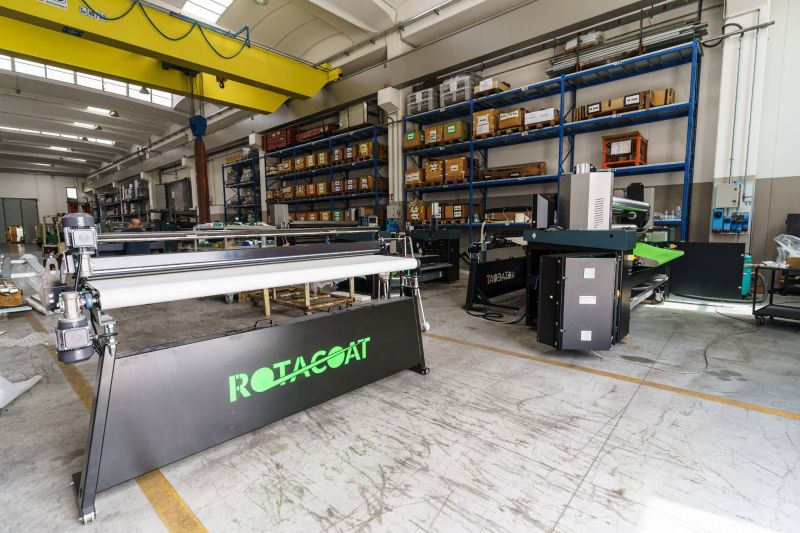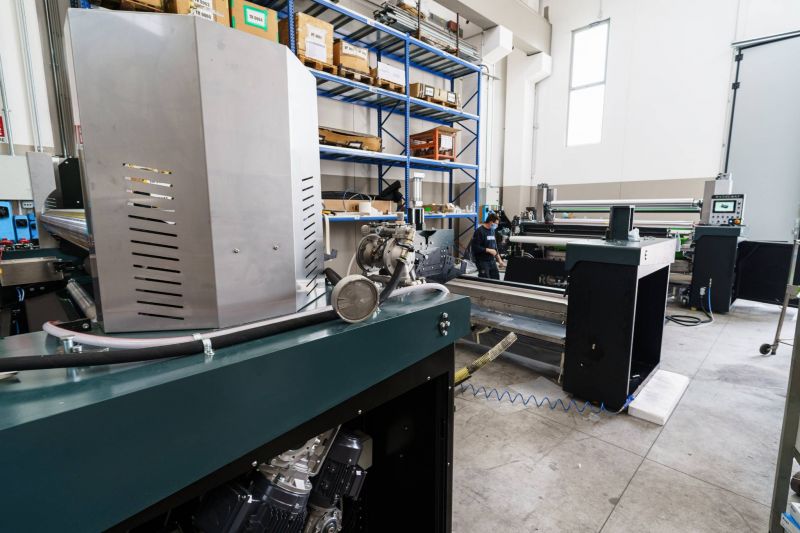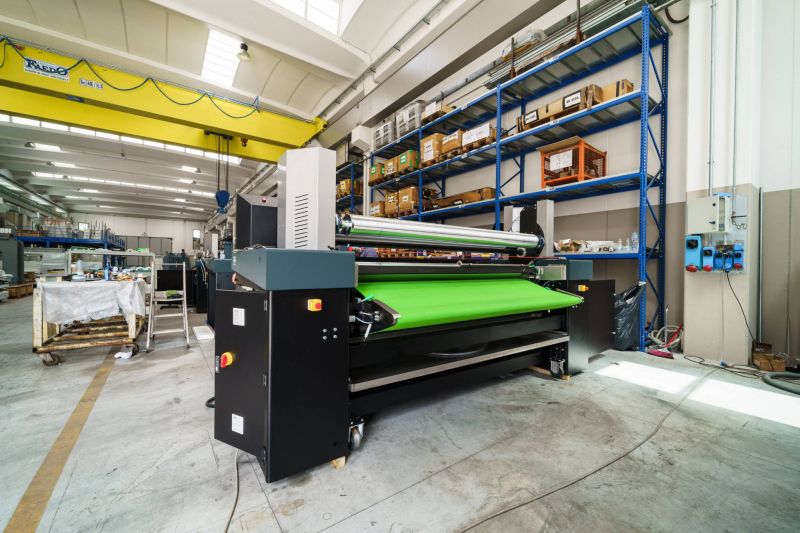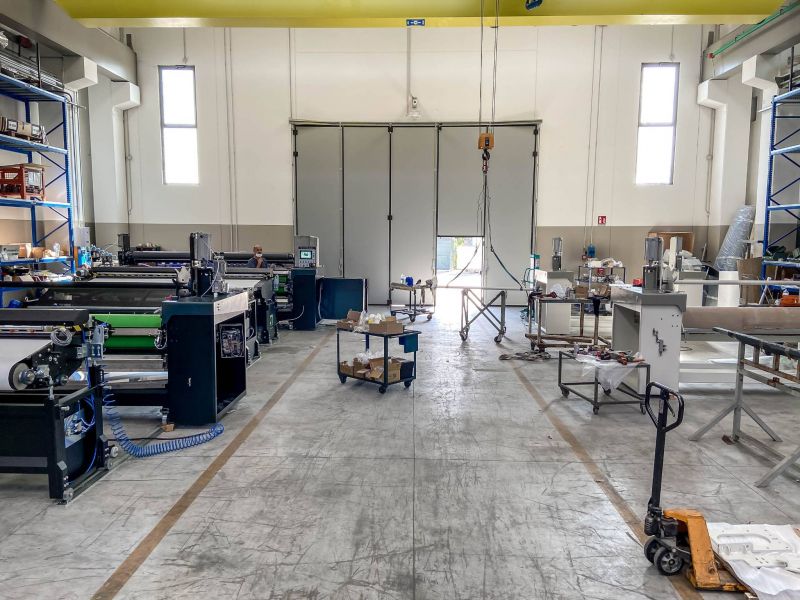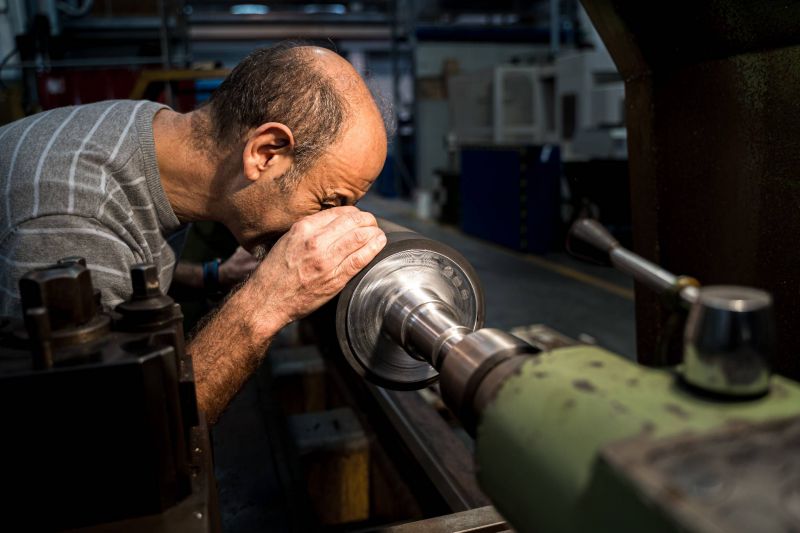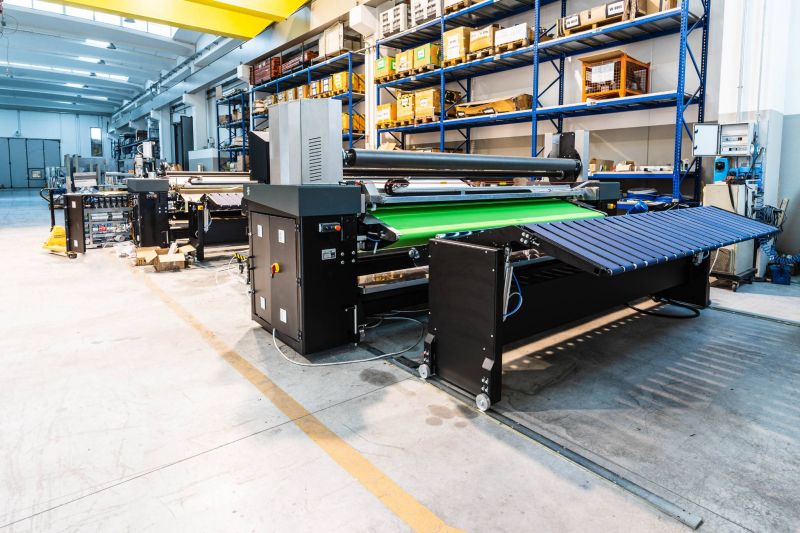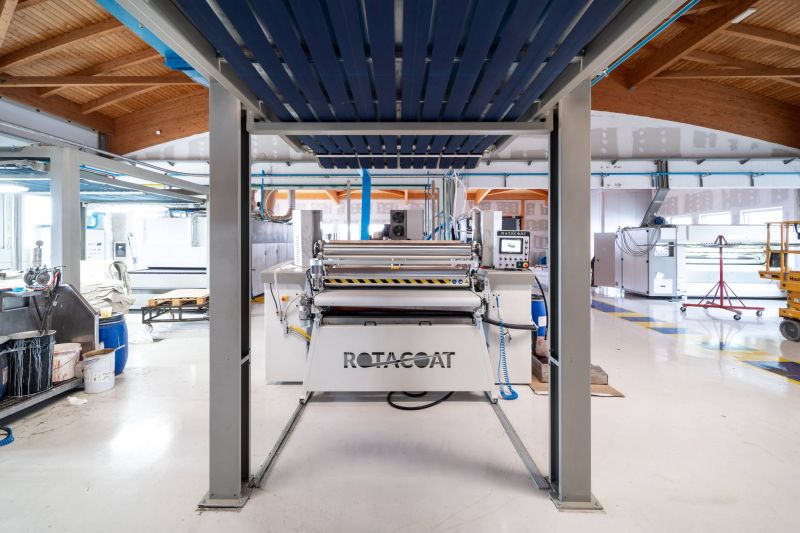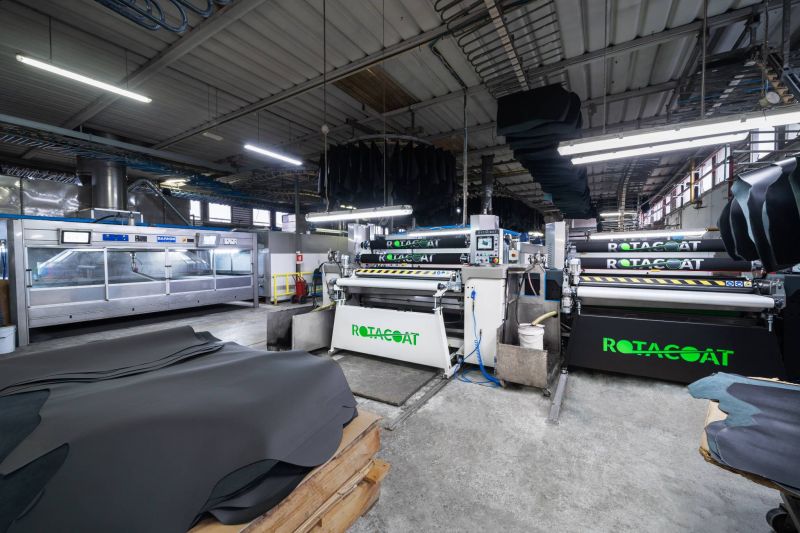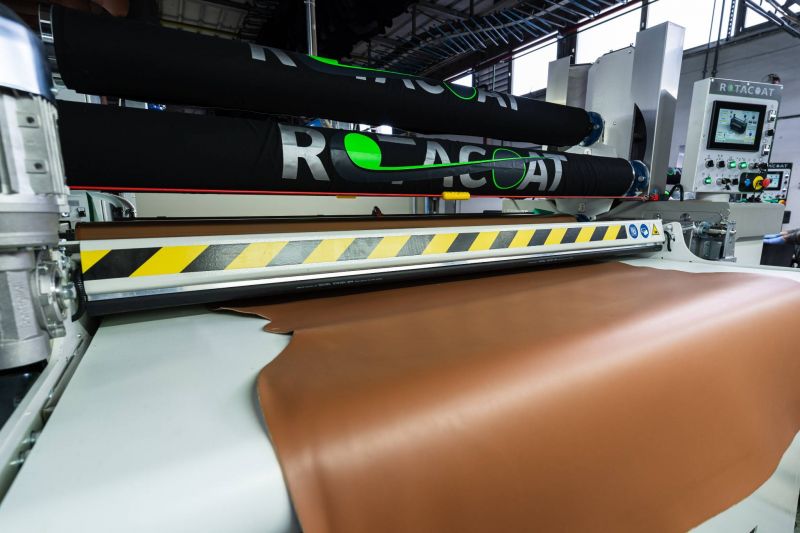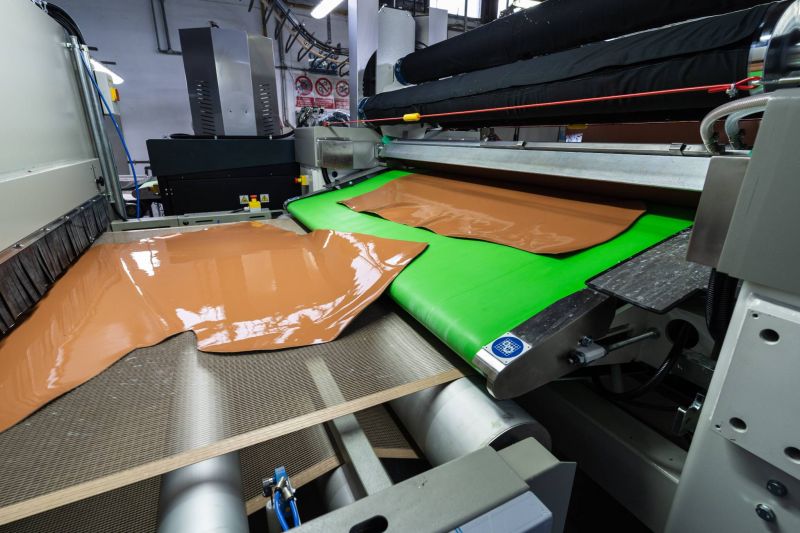ROTACOAT is an innovative start-up born with the aim of giving life to a line of roller finishing machines that allow the creation of an extremely wide range of items through a versatile, easy to use, economical to maintain yet very efficient tool, while guaranteeing at the same time repeatability and consistency of performance.
The extreme variability of leather articles, in fact, requires continuous innovations to modern rollcoating machines for finishing and ennobling leathers and related products as well as the ability to adapt relentlessly to ever new applications.
MISSION
The ideas and projects in embryo that would have resulted a few months later in the inception of the Rotacoat project were defined by a small team of specialists and technicians of tannery machines, industrial automation, finishing of leathers and alternative materials such as natural or man made textiles.
These specialists of the tanning industry coming from the two main Italian leather districts, namely the Tuscan one of Santa Croce sull'Arno (PI) and the Venetian one of Arzignano (VI), are endowed with long experience gained in consolidated industrial realities and they are driven by absolute spirit of innovation beyond desire for continuous improvement. All qualities that are often rewarded in the initial stages of business growth and development but then sometimes frustrated, nullified and eventually bent to industrial logics of another kind in the subsequent stages of companies maturation and product consolidation.
Rotacoat was therefore born on the wave of this propulsive thrust with the ambitious goal of being able to distill its conception of cutting-edge industrial product into a line of highly innovative machines that can represent the state of the art of technology in the field of coating and upgrading of various materials, both of natural and synthetic origin.
Depending on their nature, these materials are supplied in bulk and have to be processed piece by piece such as natural leathers and other materials in sheets (wood, rubber, glass). When they are wound on reels such as laminated fabrics, different sort of films and embossed papers (widely used in transfer coatings) they are processed in continuous.
The rollcoating or rollercoating machine that is Rotacoat's core business, often set down in a production line, has in fact gained a prominent role in the finishing of highly irregular materials such as natural leathers since the early 1990s. It has revolutionised leather finishing by phasing out pre-existing tecniques such as the application of preparation coats by means of hand pads - hence the name by which they were often identified as automatic padding machines - or curtain coating machines. A method still widely used and which has become absolutely complementary to the rollercoating is spraying by means of compressed air spray guns (spray booths).
The rollcoating machine equipped with an array of engraved cylinders has also contributed to the mechanisation alias modernisation of the tanning process which since the beginning has always stood out for being labour intensive in most of the distinct but interrelated operations it is divided into due to the great variability of the natural product that is dealt with and that ultimately consists, we should remember, in a by-product of the meat industry.
Finishing is obviously the final operation of the "raw to finish" process and it is performed after the hides have been tanned, retanned, dyed and greased in cylindrical reactors called drums. Once the hides have been unloaded from the drums, suitably wringled and dried using specific machines, the product, initially putrescible, has finally become a semi-finished one (technically called crust). At this point they are ready for upgrading, namely embellishment, by removing and/or covering the surface layer in order to provide the necessary aesthetic and chemical-physical properties.
The line of machines purpose of Rotacoat's activity is nevertheless just a tool, albeit a refined one, in the hands of the finishing technician. To achieve perfection however is necessary that this tool goes hand in hand with in-depth expertise in the development of articles and in finishing techniques as well as with great knowledge of the materials available and the chemicals used.
The degree of automation that can be applied to a specific "work recipe" has a robust impact on the production flow and on the inherent costs, therefore this must also be taken into account. The savings in finishing passes namely how many times the single skin has to be picked up by the operator, stacked on purposely made horses or tables and then grabbed to be put back again in to the next step, is of fundamental importance.
Being also able to count on production lines where the hides are automatically and sequentially transferred from one machine to another by means of motorized conveyors, without having to accept compromises on the finishing quality, by all means represents a substantial added value.
The unceasing development of new products is a hallmark of the fashion industry, but the unveiling of new components, materials or technologies also has a greater or lesser impact on all the business opportunities in our supply chain. From footwear to furniture, from vehicle interiors (cars, aviation, nautical, etc.) to leather goods to clothing and technical items.
Rotacoat intends to be a technical partner for the development of articles dedicated to each segment of business, sometimes characterized by different needs yet united by the same quest for quality at sustainable costs, be they economic or environmental.
